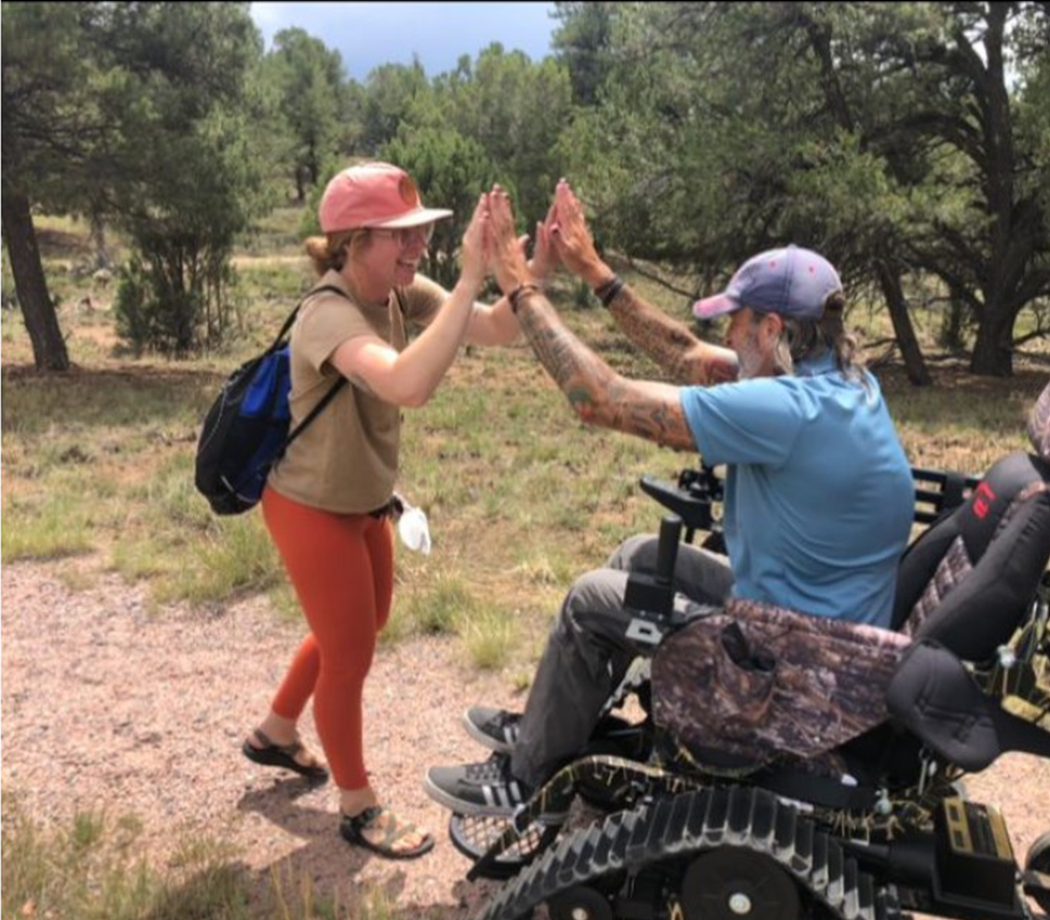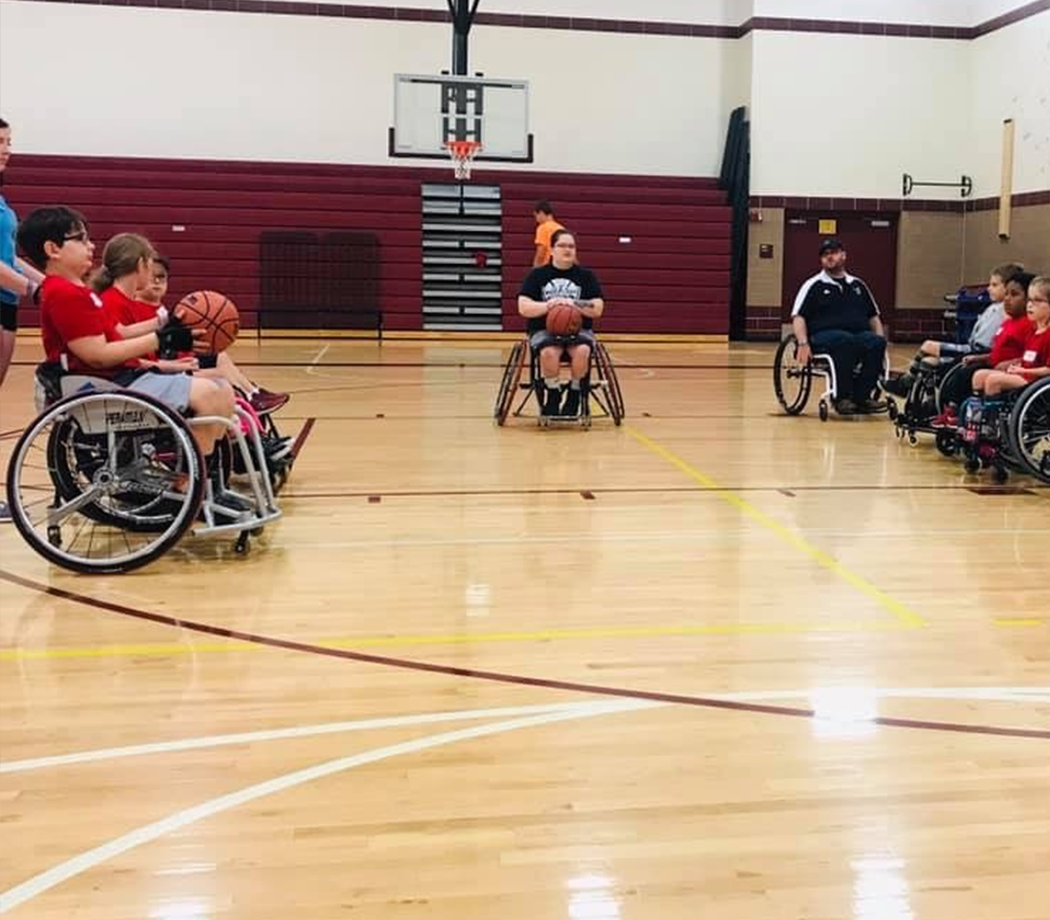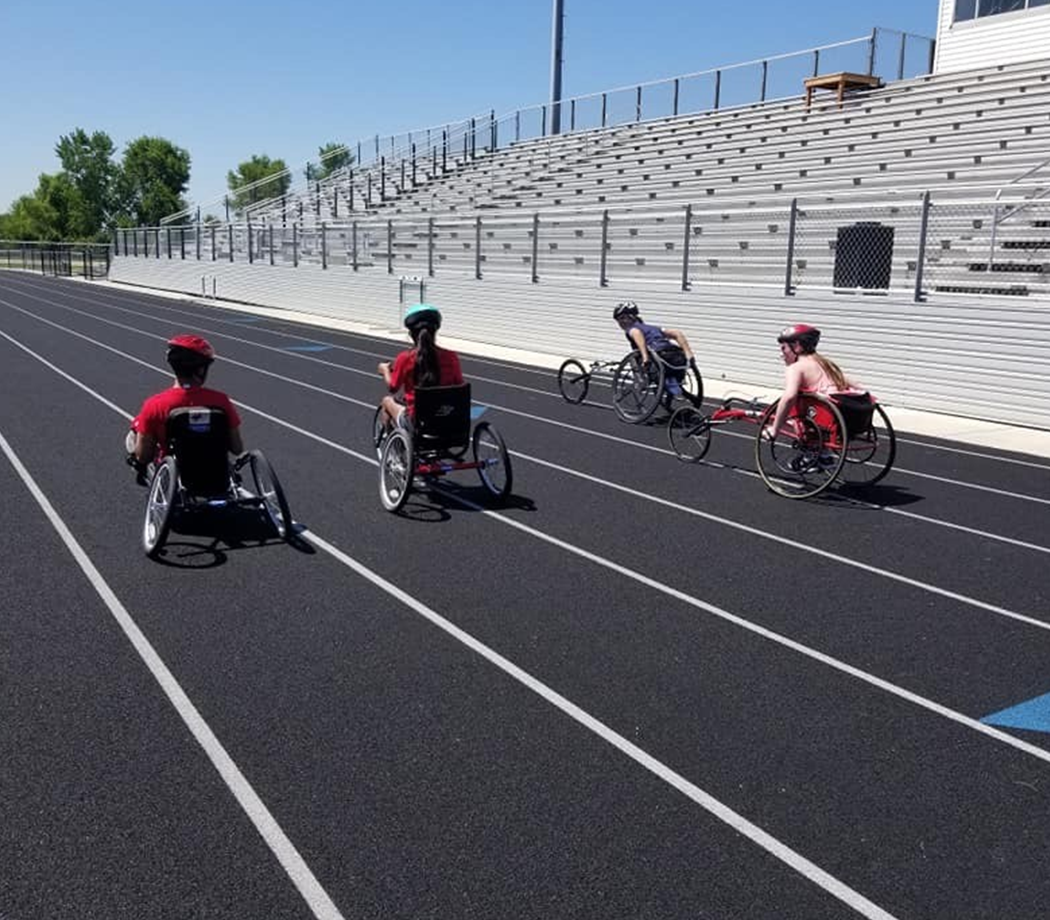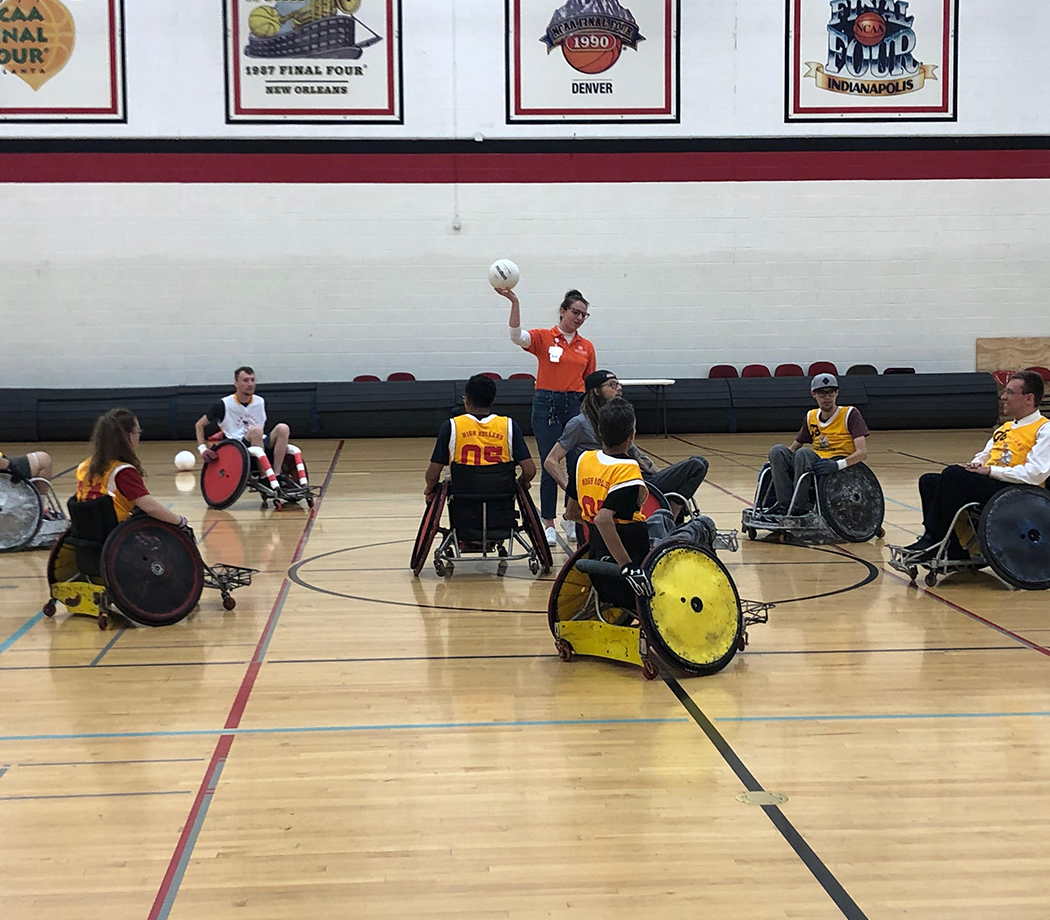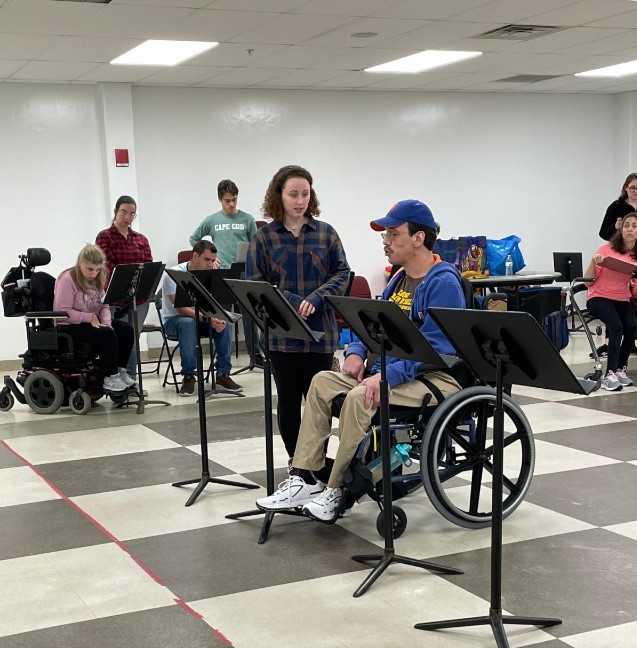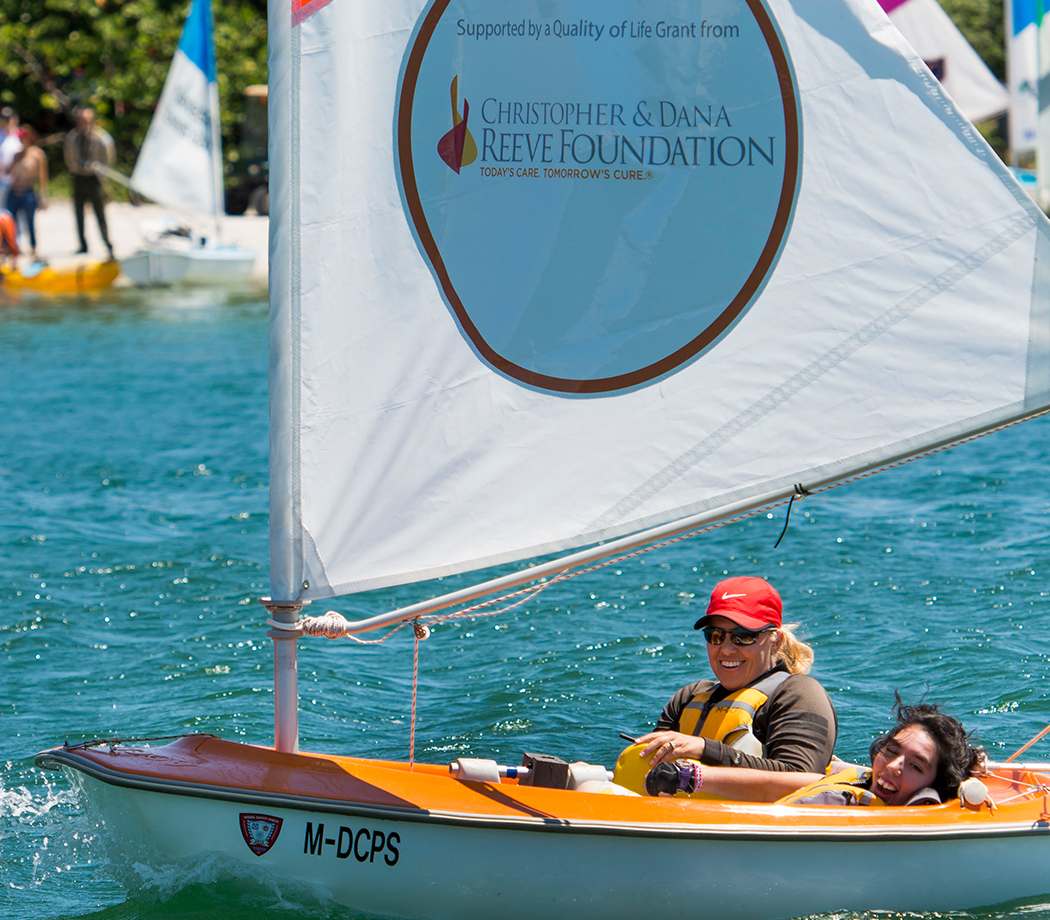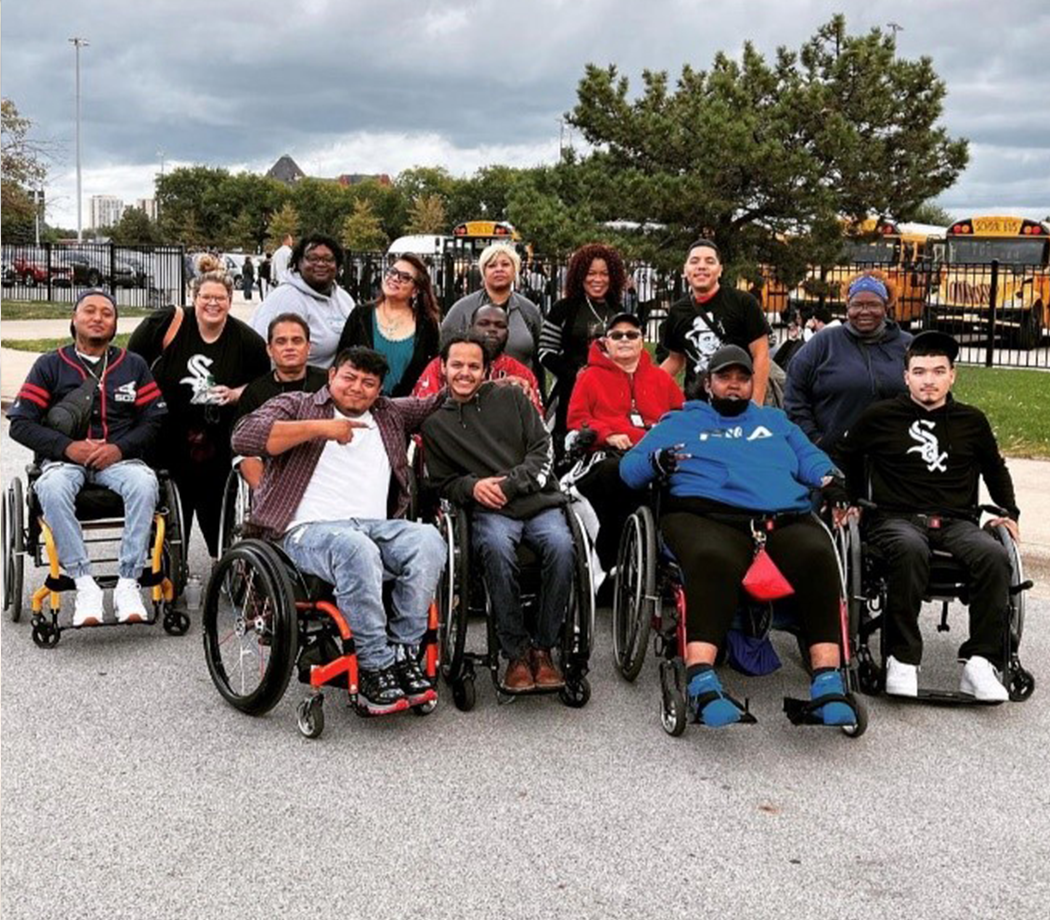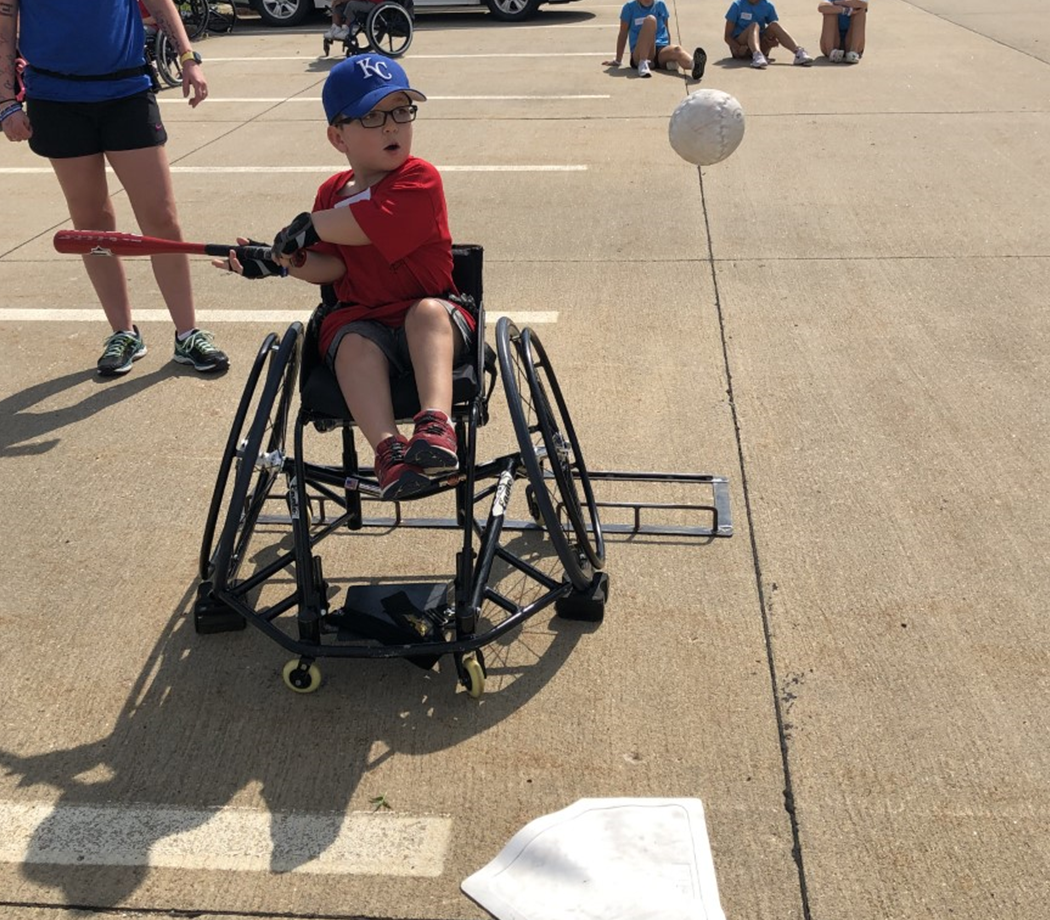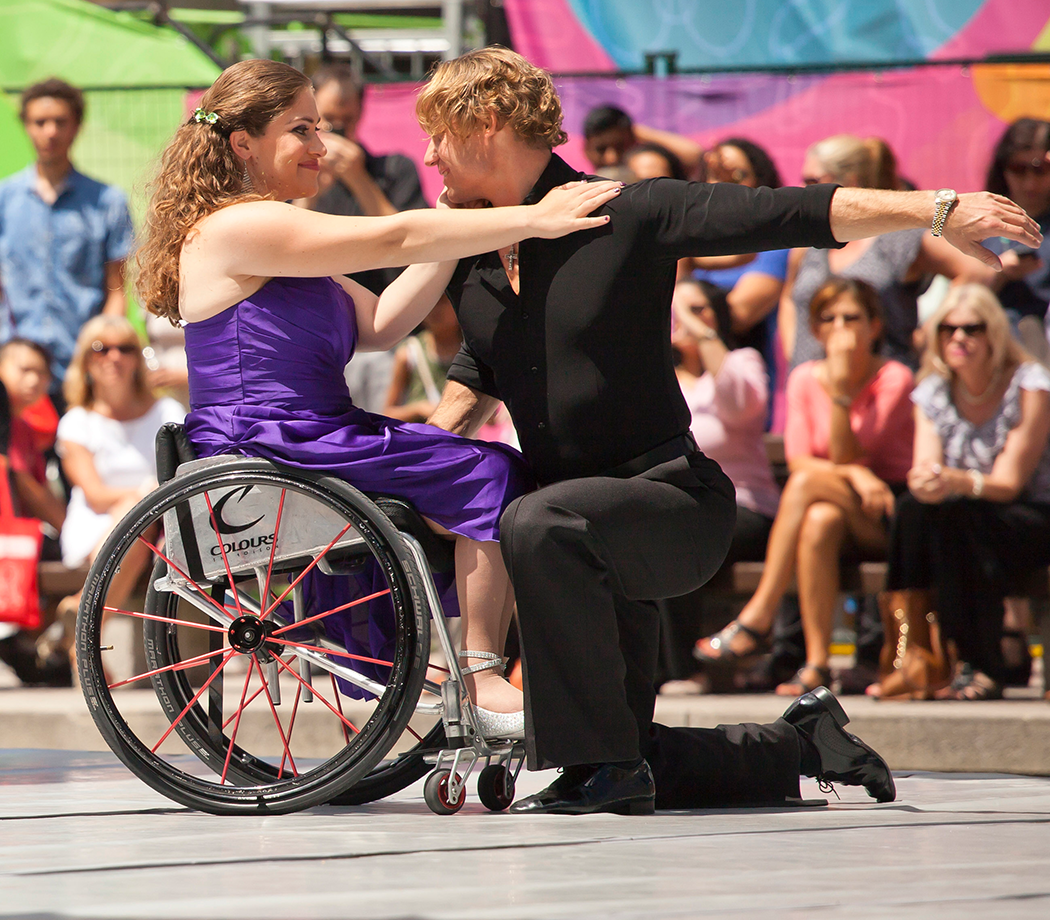Direct Effect Grants
Direct Effect Quality of Life grants fund specific budget items from $5,000 up to $24,999 to support the wide range of projects and activities that will clearly impact individuals living with paralysis and their families. Funded projects must be completed within 12 months after the award is received.
Examples of funded projects may include (but are not limited to): sports wheelchairs for a wheelchair basketball team; adapted glider in a community playground; kayak for a rowing program; accessible gym equipment; hydraulic lift at a pool; electronic door openers at a community center; workshop education series on sex and sexuality with a spinal cord injury; wheelchair accessible picnic table at a county fairground; program for preventing abuse in adaptive sports; camp programs; subsidized lessons for therapeutic riding; transportation costs for an inclusive afterschool program; and support groups.
Types of Direct Effect (Tier 1) Projects Funded
Direct Effect Quality of Life grants fund a wide range of projects including:
- Accessible Beach/Dock/Pier
- Accessible Playground/Ball Field
- Accessible Community Spaces
- Accessible Trail
- Adaptive Sports
- Advocacy
- Arts
- Camp
- Caregiving
- Consumer Education
- Durable Medical Equipment (see Funding Restrictions in a later section)
- Education
- Employment
- Facility Accessibility Modifications
- Fitness and Wellness
- Healthcare
- Accessibility Modifications
- Media Development
- Peer Mentoring and Support
- Service Animal Program
- Therapeutic Horseback Riding
- Transitioning Home
- Transportation
Direct Effect grants will have short- to mid-range impact. Long-range impact and sustainability are not expected for projects at this level. Grantees will be required to submit a 6-month interim report and a final report and evaluation survey at the end of the project.

